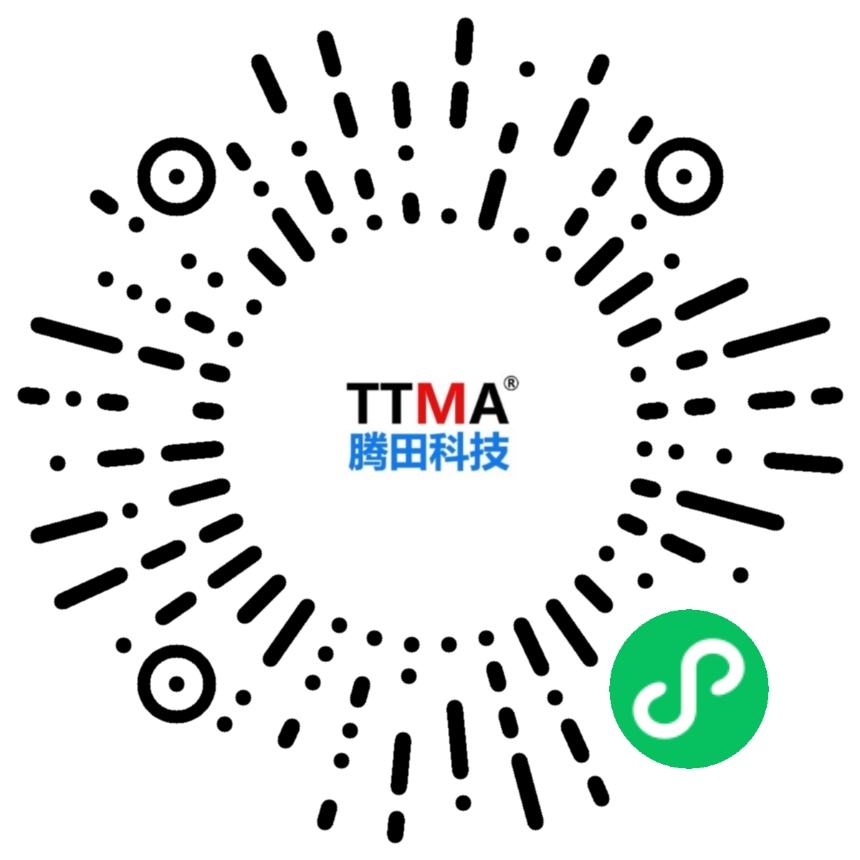How to reduce hotel vacancy rate
- Categories:Company News
- Author:
- Origin:
- Time of issue:2019-05-13 10:10
- Views:
(Summary description)The average occupancy rate in the hotel industry is 65%, which means that one in three rooms is vacant. If the budget hotels with high occupancy rates are removed, just look at the star-rated hotels, the occupancy rate will be lower, and every two rooms will be empty. In the off-season, for example, in August in Shanghai, the occupancy rate of many high-star hotels will even drop to about 20%. One room is empty and five rooms are available. When looking at the hotel building from a distance at night, only a few scattered windows show through. The lights are very deserted.
How to reduce hotel vacancy rate
(Summary description)The average occupancy rate in the hotel industry is 65%, which means that one in three rooms is vacant. If the budget hotels with high occupancy rates are removed, just look at the star-rated hotels, the occupancy rate will be lower, and every two rooms will be empty. In the off-season, for example, in August in Shanghai, the occupancy rate of many high-star hotels will even drop to about 20%. One room is empty and five rooms are available. When looking at the hotel building from a distance at night, only a few scattered windows show through. The lights are very deserted.
- Categories:Company News
- Author:
- Origin:
- Time of issue:2019-05-13 10:10
- Views:
For a hotel, vacant rooms are like backlogs of clothing stores, with empty costs but no benefits. To make matters worse, unlike a clothing store, you can put clothes that cannot be sold today in the warehouse and sell them tomorrow. The inventory of the hotel is the use time of the room. If you can’t sell it today, it will expire and become invalid. It cannot be stored tomorrow. In this sense, the need for hotels to "clean up surplus inventory" is more urgent and urgent. On the other hand, the fixed cost of hotel operation is high, and the marginal cost is very low-to serve one more guest, there is no need to pay more ground rent, do more decorations, and hire waiters. The only increased costs are water and electricity, disposable toiletries, and bed sheets and towels. The washing fee is only a dozen to dozens of dollars. From this perspective, as long as the price is higher than a few tens of dollars, the total profit of the hotel can be increased, which is a cost-effective business for the hotel.
It sounds reasonable, but why do we rarely really see hotels sell their rooms to dozens of dollars? Not to mention dozens of dollars. Many four and five-star hotels would rather leave their rooms vacant than for The price of three to five hundred yuan put the room on the market, why is this? There are two reasons. On the one hand, the price is directly reduced (for example, directly on Ctrip eLong, 800 yuan/room night is reduced to 400 yuan/room night) It is a price reduction for everyone, including those customers who paid the full price. Although it may be possible to sell a few more rooms, the prices of all rooms have fallen, and the overall revenue may not be able to increase. On the other hand, hotels are openly selling rooms at low prices for a long time, which will damage the brand image of the hotel and make customers who see the price feel that "this store is worth so much money." Directly publicly reducing prices by a large margin may not necessarily increase the total sales, but also have potential harm to the brand, so hotels rarely use this approach.
It is not possible to "disclose" the price reduction. Many people have moved their brains to the point of "not public". The more common methods in the United States are reverse auctions and mysterious hotel models. In the reverse auction model, customers set out conditions (such as hotel star rating, region, date, and acceptable price) online. Once the system finds a hotel that meets the conditions, it will automatically deduct money from the customer's credit card to complete the transaction. The pioneer of this model is Priceline.com, which has now become a leader in the global online travel industry with a market value of more than $25 billion (compared to Ctrip's market value of only $6.6 billion in April this year). In contrast, the mystery hotel is simpler. Customers can see the area and simple description of each hotel on the website, but they cannot know the name and details of the hotel. They will not know which one they have booked until they choose the hotel and complete the payment. shop. The common feature of these two models is that users cannot know which hotel is offering special prices before paying. In this way, the hotel’s special prices are not shown to everyone. On the one hand, the hotel brand can be protected, and on the other hand, the customer can be differentiated and set prices without affecting normal business. The shortcomings of these two models are also obvious: consumers are not convenient to use, and they are not at ease-they have to pay before they fully understand the product. In the American commercial society with relatively complete credit mechanisms and consumer protection, these two models are relatively easy to be widely accepted, and it will take a long time for China to experiment and develop.
In addition, the most popular inventory clearance model in the past two years is group buying. Major group buying websites have opened up hotel channels to help hotels sell at a discount of 10% to 30%. Generally speaking, what the customer actually buys is an exchange voucher that is valid for a period of time. During the validity period, the customer can call the hotel to book a room, and then go to the front desk of the hotel to pay for the room with the voucher. The advantage of group buying is that it takes effect quickly and the effect is obvious. It is common to sell hundreds of rooms at a time. On the other hand, there are many problems caused by group buying: First, because group buying customers cannot control the specific dates for redemption of rooms, group buying customers may call to book when hotel business is good. If reservations are allowed at this time, it is likely to occupy the room inventory of full-price customers and damage the total revenue. If reservations are not allowed, it is easy to irritate customers-because the demand for hotel rooms is relatively rigid, there must be a place to live after landing. It is difficult for customers to understand the hotel when they cannot get the room they have paid for according to the plan. Secondly, the term "group buying" has been closely linked to "cheap". For brand hotels, participating in group buying will also damage the brand.
The latest model that helps hotels sell surplus inventory and helps customers get cost-effective rooms is called "last minute specials." China’s leader in this model is called "Tonight Hotel Specials". The company currently provides WAP sites (HotelVP.com) for various types of mobile phones, and will launch mobile apps for iPhone and Android in early September 2011. . Just like the bakery will clear out the unsold bread at half price at 6pm, the high-star cooperative hotel will check the number of vacancies at 6pm. If it is expected that the room will be vacant, select a part of the inventory to 2 The price discounted to 40% is put on the "Tonight Hotel Specials" platform for sale. Users can open the mobile application or WAP website to see which hotels are offering "tonight specials", and can easily find and book these special rooms according to their personal preferences such as distance, star rating, price, hotel style, etc. Enjoy a more comfortable night at the low price of the hotel. For hotels, this model is convenient and flexible, and can be controlled every day. Only when there are a lot of vacancies, this part of the remaining inventory will be sold at low prices through the channel "Tonight Hotel Special", and will not harm other normal sales of room profits. For consumers, as long as they turn on their mobile phones, they can easily and efficiently find a hotel they are satisfied with, and stay at a price that is at least 50% lower than the market price.
Taken together, the hotel needs to be balanced on five dimensions: the convenience for users to obtain and use special rooms, the attractiveness of the price to users, the total profit of the hotel, the convenience for the hotel to clear inventory, and the protection of the brand. No one method is perfect, such as reverse auctions to protect the brand's power, but customers are inconvenient to use, and the attractiveness of prices is also weakened by the hiding of the hotel name; another example is "Tonight Hotel Specials", 6 o'clock in the evening, wait until After the hotel confirms its remaining inventory, it releases the special room through the mobile application. Although this maximizes the hotel’s revenue, it also adds a bit of difficulty to the customer-it is impossible to book a room during the day. Each method has its own characteristics. There is no such method that can score full marks in all dimensions. The hotel needs to choose the method of clearing the remaining inventory according to its actual situation. The most suitable method is the best.
Scan the QR code to read on your phone
-
Tel
-
QQ
-
Wechat

-
Top


Tel: 020-87470512/18026254588(Wechat )
Email: ttma_gz@163.com
HO: Room 1208, Baiyun Electric Technology Building, 1633 Beitai Road, Baiyun District, Guangzhou
Add: No. 37, Fenghe Jiangniu Road, Renhe Town, Baiyun District, Guangzhou
No.19, Taocun Industrial Zone, Beijiao Town, Shunde District, Foshan City, Guangdong Province
Copyright © 2020 Guangzhou Tengtian Machinery Industry Co., Ltd. All Rights reserved 粤ICP备20010952号
By: 300.cn





